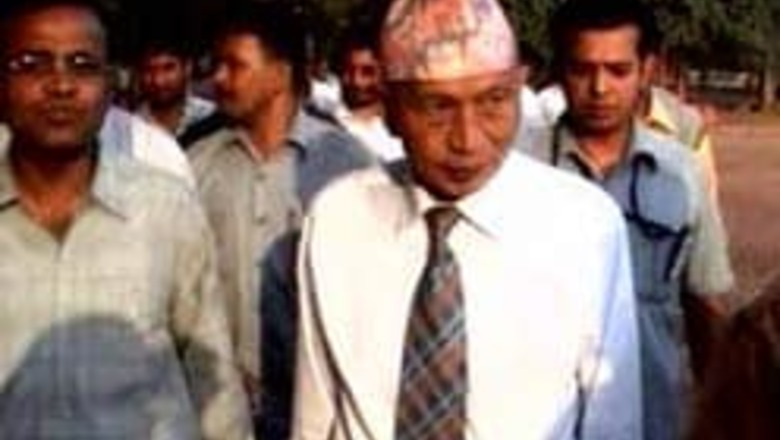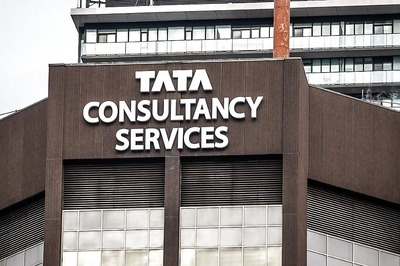
views
New Delhi: A Parliamentary panel on Thursday put brakes on the Bills seeking to accord special status to Darjeeling Hill areas and asked the government to take a re-look at it before proceeding further.
After examining the Bills, the Parliament Standing Committee on Home Affairs advised the Union Home Ministry to have a fresh look at the move.
"The committee would like to caution and advise the Ministry of Home Affairs to make a fresh assessment of the ground realities all over again before proceeding with the Bills in the two Houses of Parliament," the committee, headed by BJP leader Sushma Swaraj, said in its report presented to Rajya Sabha.
The Bills — Sixth Schedule to the Constitution (Amendment) Bill 2007 and the Constitution (107th Amendment) Bill 2007 which were introduced towards the fag end of the winter session — seek to provide Sixth Schedule status for the Darjeeling Hill areas.
The Sixth Schedule of the Constitution provides special status to certain areas in the north-eastern states of Assam, Meghalaya, Mizoram and Tripura in terms of administrative and functional autonomy.
The committee observed that if the Bills had been passed immediately after signing the Memorandum of Settlement (MoS) in December 2005, the situation would have been different because Gorkha National Liberation Front (GNLF) leader Subhas Ghising was 'the undisputed leader at that time'.
The committee in its 45-page report noted that 'diametrically opposite' views have emerged on the Bills with one group strongly supporting them and another opposing the grant of Sixth Schedule status.
It was contended before the committee that the spirit of the Constitution was being changed by giving such a status to Darjeeling Hills and a new precedent was being set by extending the Schedule to an area beyond the north-eastern region, the report said.
It said an apprehension was also expressed that in future it would have to be extended to other areas as the tribal areas of Orissa, Chhattisgarh, Jharkhand, Andhra Pradesh and Bihar might demand Sixth Schedule status.
PAGE_BREAK
There are already such resolutions from Arunachal Pradesh and Manipur, the committee noted and felt that such demand might gain momentum and lead to the 'opening of a Pandora's Box'.
In the backdrop of Gorkha Janamukti Morcha (GJM) demanding immediate ouster of Ghising as the caretaker administrator of the hill council and scrapping of the Sixth Schedule bill, the committee stated that an 'overwhelming majority' of those who appeared before it had asserted time and again that there would be bloodshed in the region if the Bills were passed.
The last election to the Darjeeling Gorkha Hill Council (DGHC) was held in 1999 and its term, which expired in March 2004, was extended by a year and the term of Ghising has been extended six times.
Recently an all-party delegation of West Bengal MLAs met Union Home Minister Shivraj Patil to demand the grant of Sixth Schedule status to the Darjeeling Hills.
The West Bengal Assembly had adopted a resolution in March 2006 recommending grant of Sixth Schedule status for the Darjeeling Hill areas.
The main objective of the MoS is to replace the DGHC by an autonomous self-governing council under the Sixth Schedule to fulfil the economic, educational and linguistic aspirations and socio-cultural and ethnic identity of the hill people, while protecting the rights of non-tribals.
The MoS, popularly known as tripartite agreement, was signed by the Centre, West Bengal Government and Ghising, as the administrator of DGHC.
Racing against time in the wake of an agitation for the creation of an autonomous self-governing council in Darjeeling, the Centre introduced the Bills in Lok Sabha in November 2007.
The Bills were introduced in the backdrop of large-scale violence in Darjeeling forcing authorities to call out the Army for the restoration of peace.
















Comments
0 comment